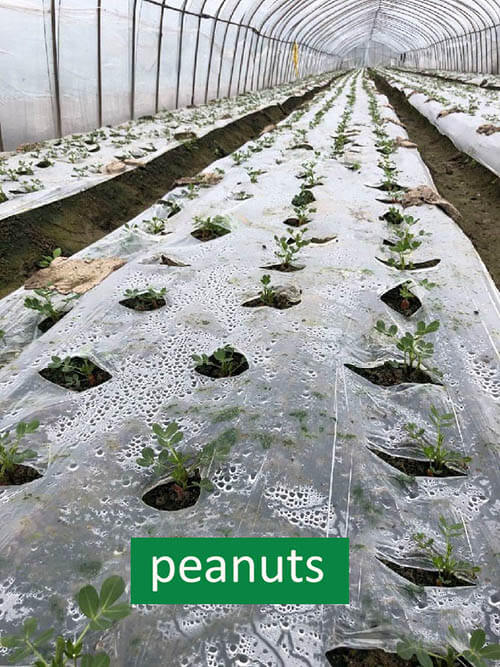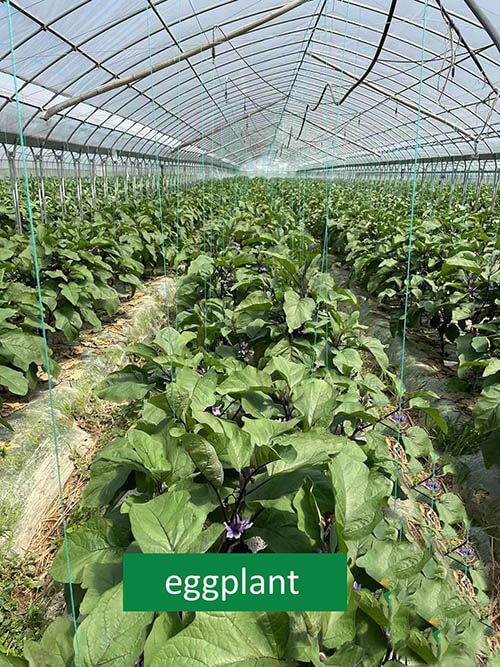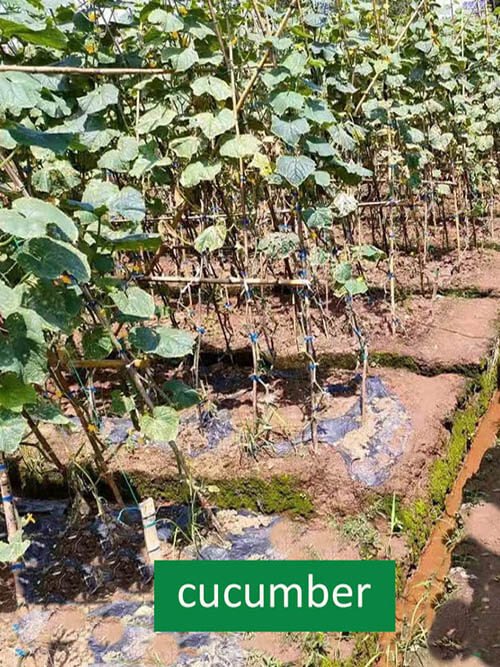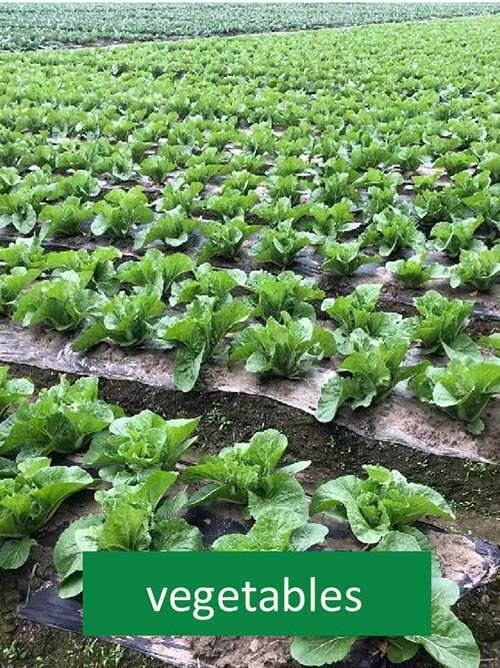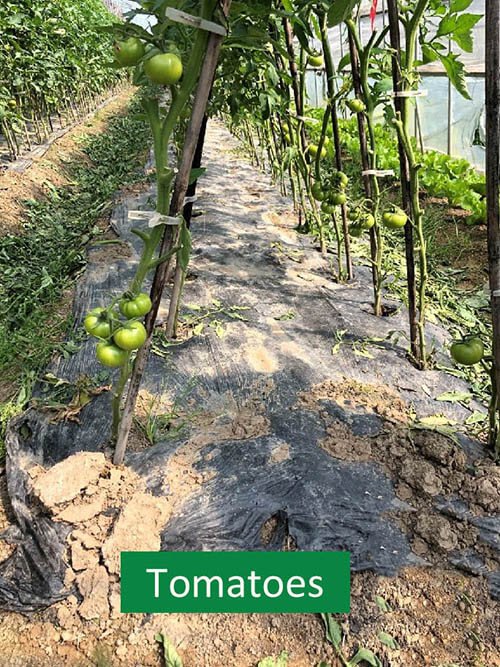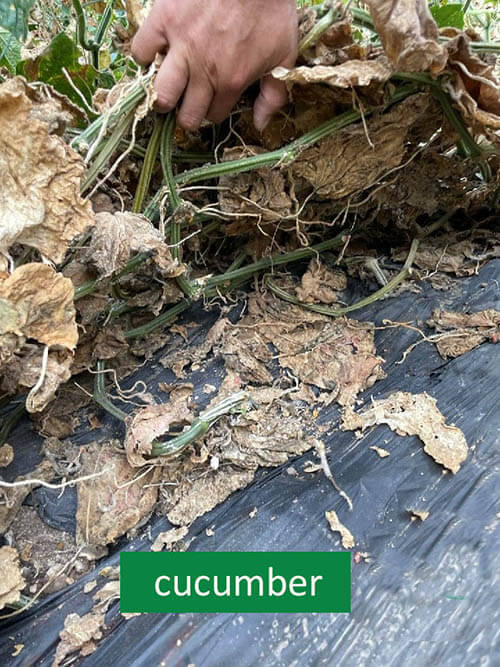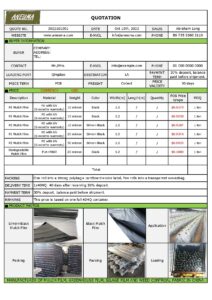Compostable Biodegradable Mulch Film

The Problems of Traditional Mulch Films

The Solution: Compostable Biodegradable Mulch Film
Benefits Using Bio-degradable Mulch Film
Custom Engineered
No Disposal Cost
No Plastic, No Pollution
No plastics included, a complete biopolymer product. The material is PLA and PBAT. No residues of remnants to pollute the soil and decrease yield.
Better environment
No need to recycle and burn or dispose the old film, less greenhouse gas emissions, environment friendly. Saves valuable top layer soil.
Crops Using Our Bio-degradable & Compostable Mulch Films

From Manufacturing to Degradation
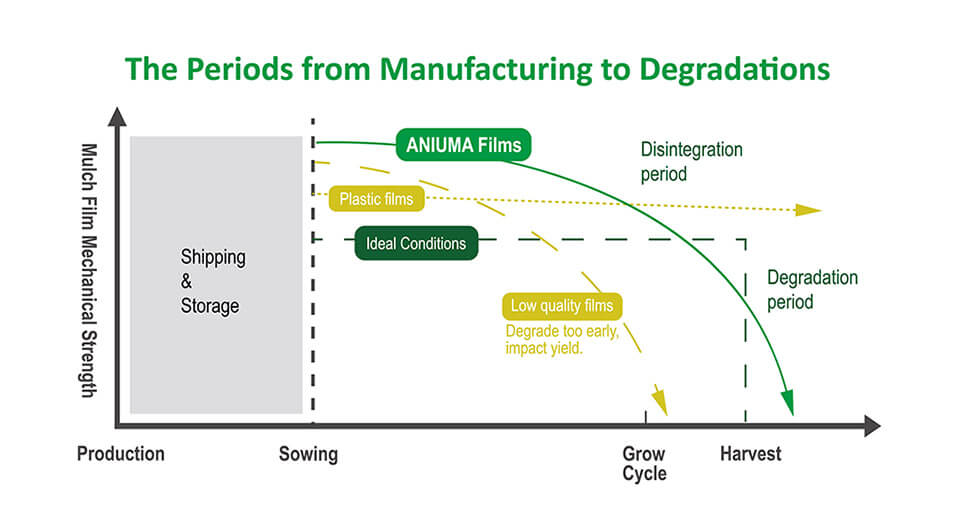
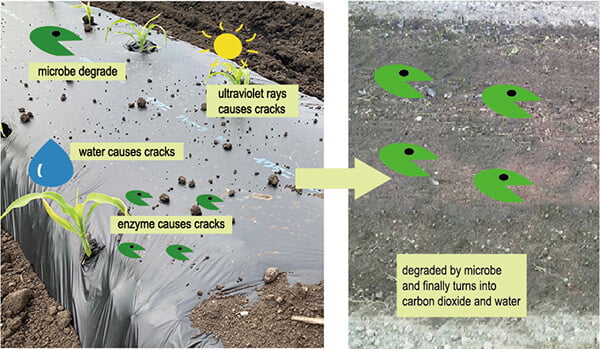
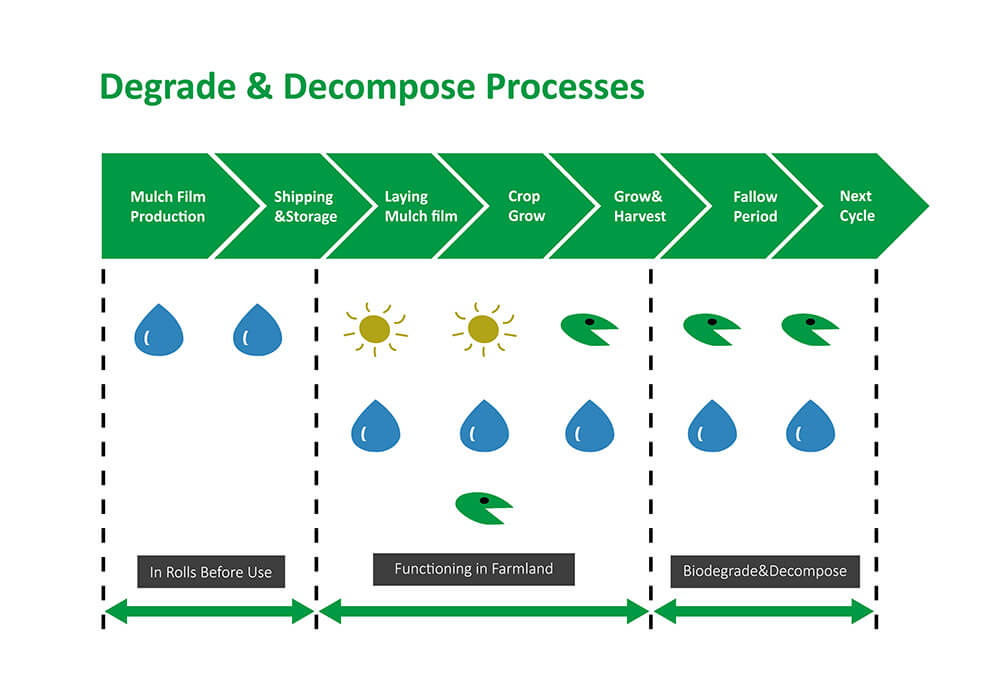
Degradation Principle
The Actual Degrade Process in Wild
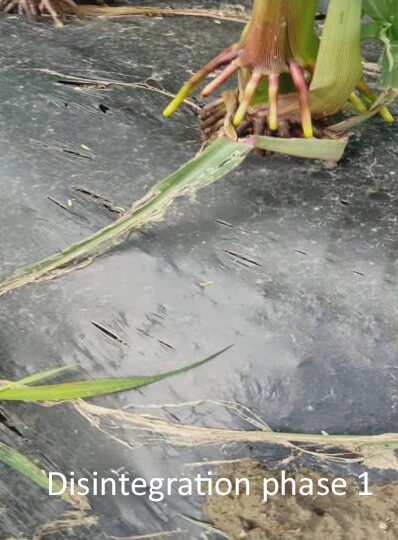
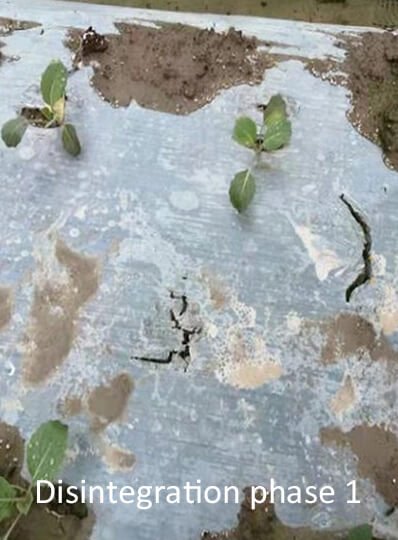
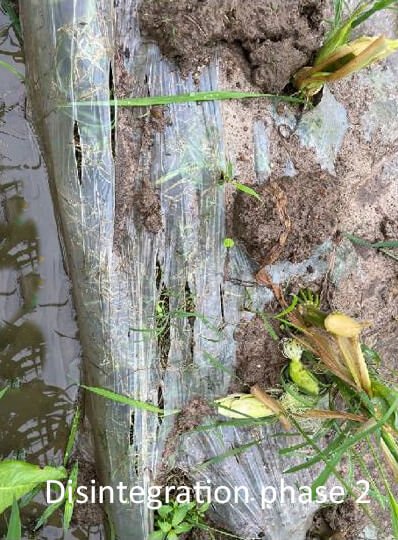
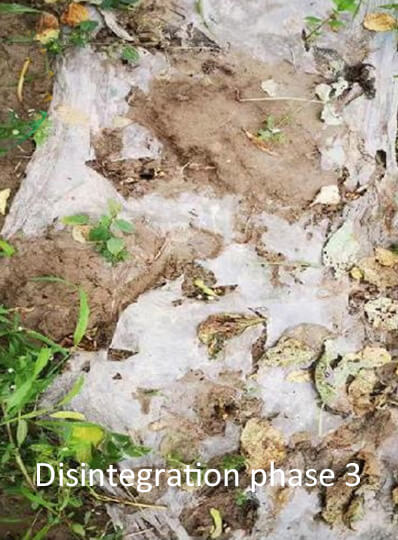
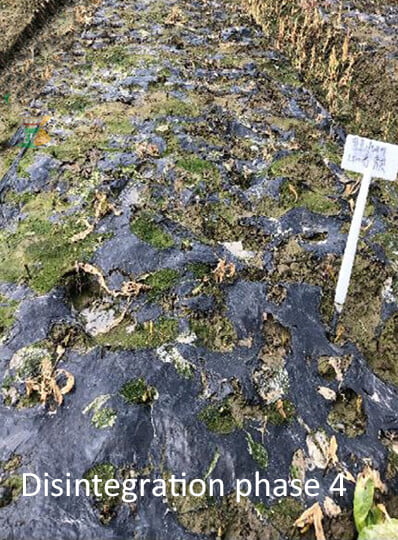
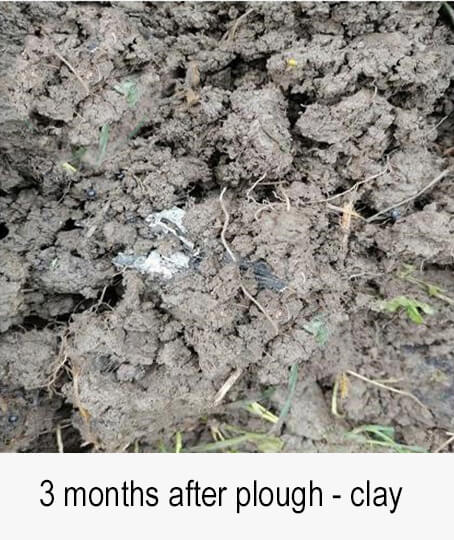
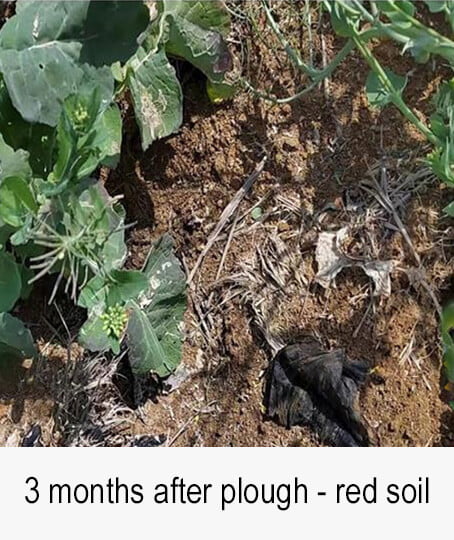
Background Knowledge
Our films are made with PLA and PBAT which is the most appropriate combination for mulch films. PLA, know as polylactic acid is the most widely used degradable material, starch based. PBAT can be bio-degraded and also decomposed. It’s degradability and bio-safety are globally recognized.
PLA (Polylactic Acid, or Polyactide) is a kind of polyester consisting of lactic acid and lactide created by controlled fermentation of a carbohydrate source.
As a polymer derived from fossil fuels, PBAT (Polybutyrate Adipate Terephthalate) is not regarded as a source of renewable energy. Having stated that, PBAT is extremely biodegradable. When buried in soil, it entirely degrades owing to the activity of microorganisms such as fungus, algae, and bacteria, and it emits no methane or hazardous byproducts.
PBAT is engineered to degrade quickly, even quicker than organics like banana peel (strange, I know!). Contrary to popular belief, the higher the plant-based content, the longer it takes to decompose. As a result, PBAT is combined with PLA to accelerate biodegradation.
Furthermore, PLA is a hard and brittle substance on its own. PBAT is added to PLA to enhance its flexibility and strength, making it ideal for its intended use.
Get Started Today!
Consult our agricultural film expert and get the best solutions for your agricultural needs.
Benefit from our ever evolving agricultural film technologies, protect your soil, reduce pollutions to environment and crops.
Improve yield and tastes of fruits and vegetables with Aniuma films, receive continous advises from our agronomists.




















